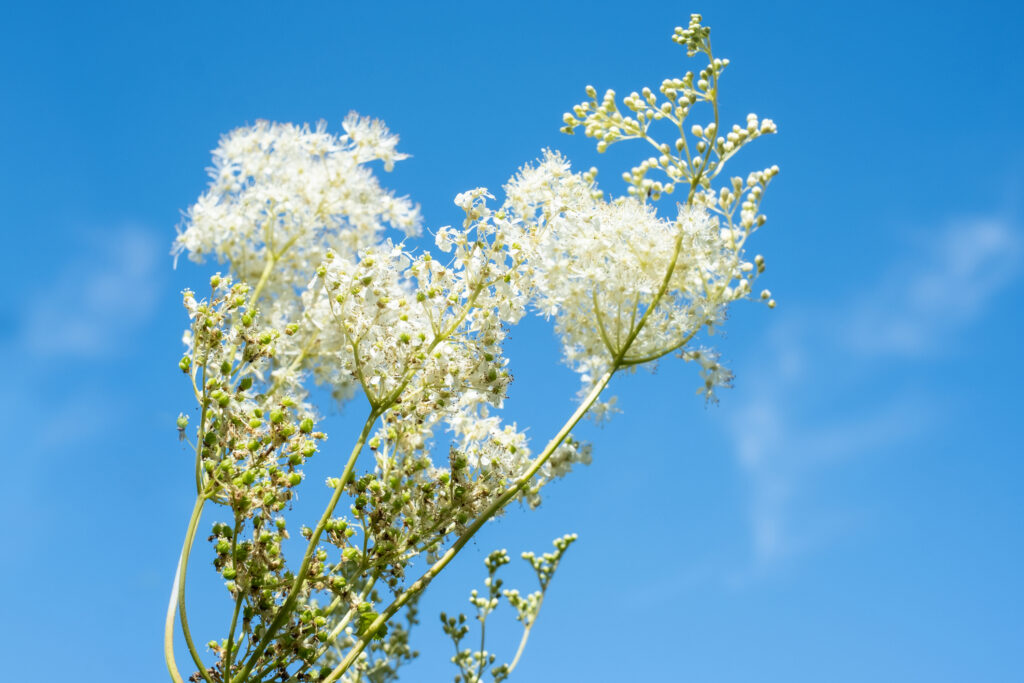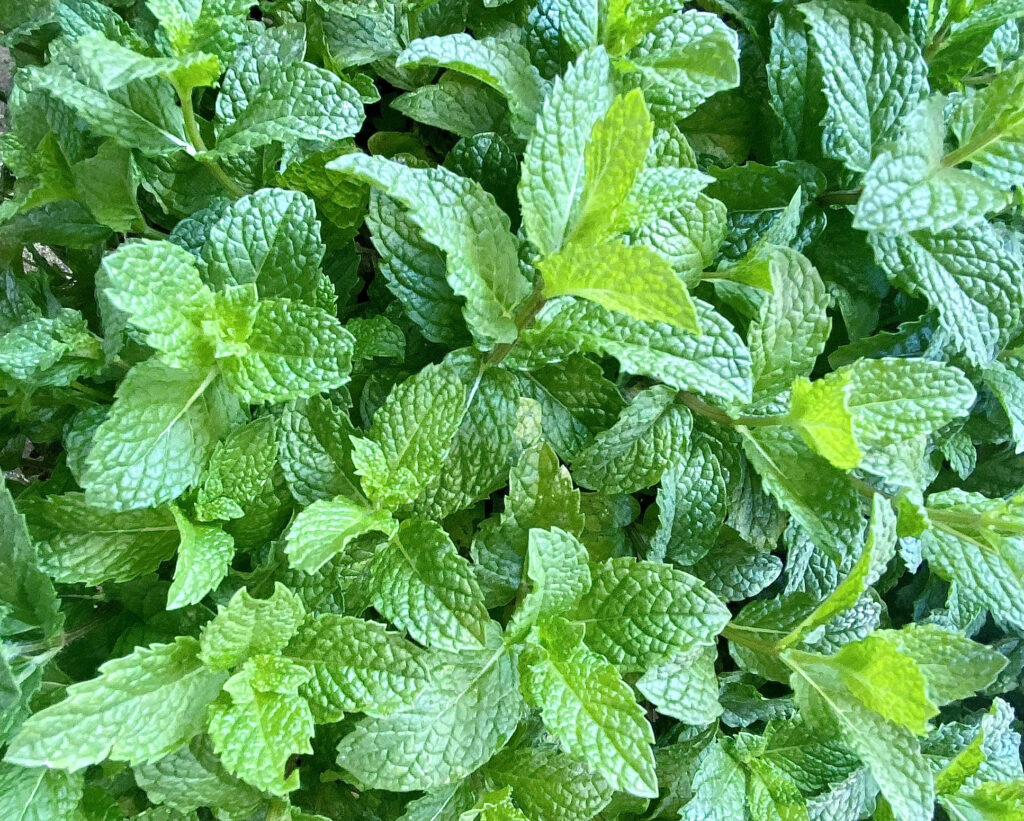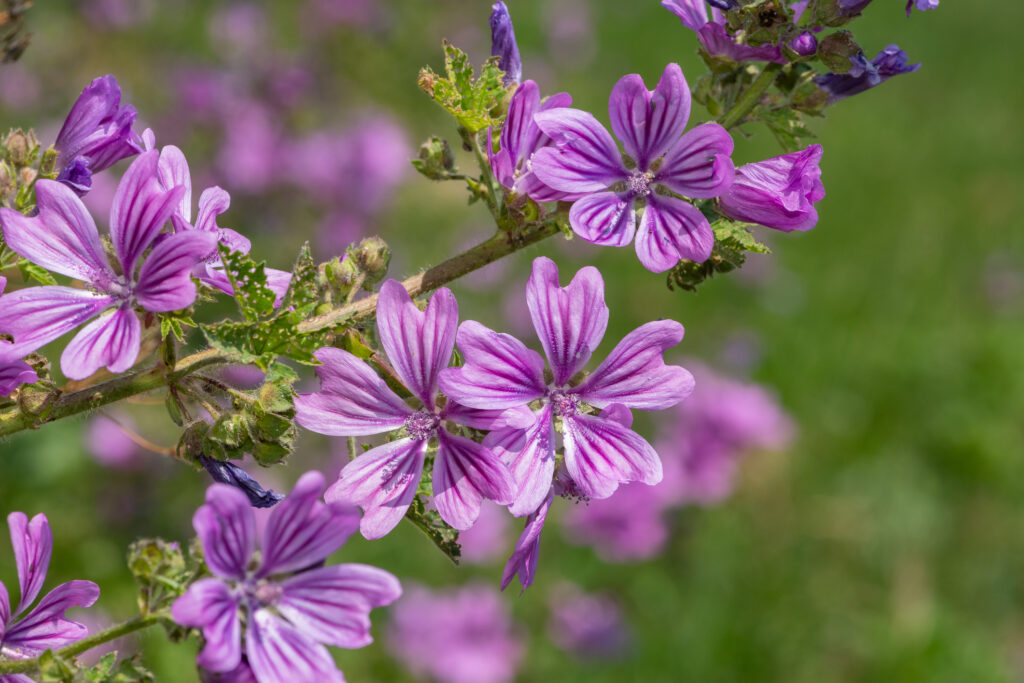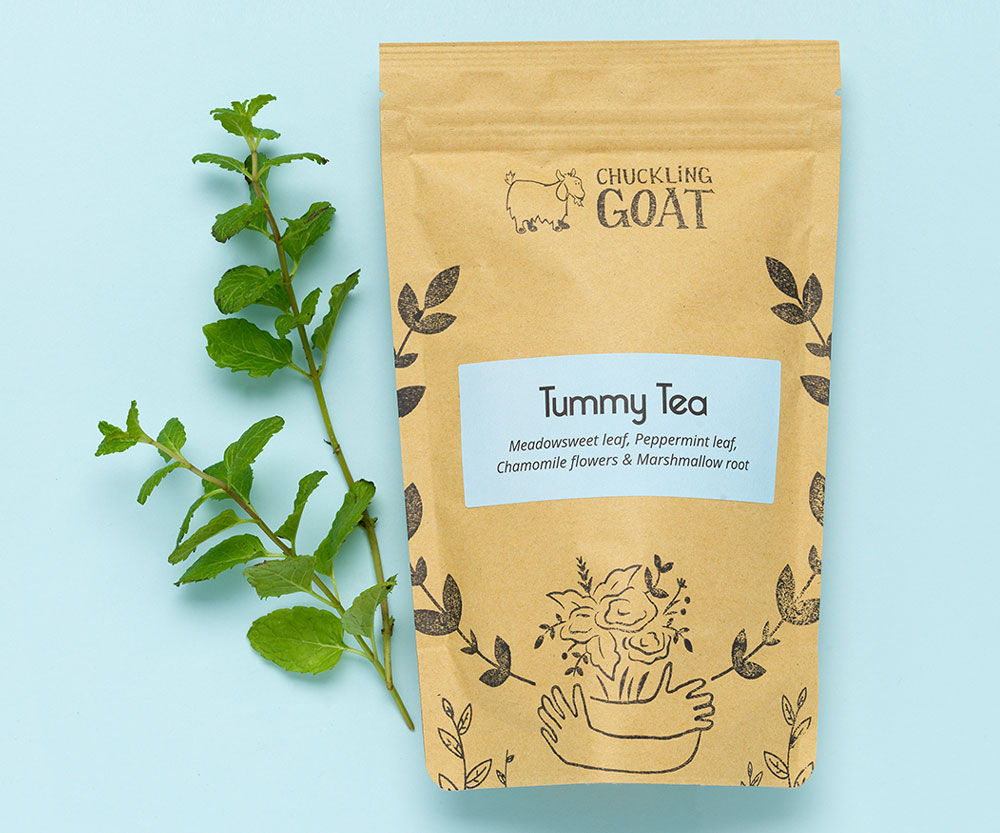So – herbs.
Ever tried to actually find out anything about them?
It almost immediately makes you CRAZY – because each herb does about a gazillion different things.
Take meadowsweet, for example. Proper name Filipendula ulmaria. Sounds an innocent sort of plant, no? But it does all of the following (feel free to skim lightly, so that your eyes don’t cross…)

1. Anti-inflammatory and pain relief
- Meadowsweet contains salicylates, compounds similar to aspirin, which have anti-inflammatory and analgesic (pain-relieving) properties. It has been used to treat conditions like headaches, joint pain, arthritis, and muscle soreness.
2. Fever reducer
- The herb is traditionally known as a febrifuge, meaning it helps reduce fever. Meadowsweet’s salicylates contribute to its ability to lower body temperature in cases of colds, flu, or infections.
3. Digestive aid
- Meadowsweet has been used to treat indigestion, heartburn, and gastritis. Its tannins can help protect the stomach lining, making it useful for soothing stomach ulcers and reducing acid reflux.
- It also has mild astringent properties that help reduce diarrhoea.
4. Anti-bacterial and anti-viral properties
- The herb contains tannins and flavonoids, which have antimicrobial properties, making it useful in treating minor infections or as a general immune booster.
5. Kidney and bladder health
- Meadowsweet has been used as a diuretic, which promotes urination and helps remove excess fluid from the body. It has been used in traditional medicine to support kidney and bladder function and to relieve conditions like cystitis or urinary tract infections (UTIs).
6. Respiratory relief
- Meadowsweet has traditionally been used for treating respiratory conditions such as colds and bronchitis. Its soothing effect on mucous membranes can help alleviate coughs and sore throats.
7. Blood-thinning effects
- Due to the presence of salicylates, Meadowsweet may have blood-thinning properties, which can be beneficial for cardiovascular health, particularly in preventing blood clots.
8. Skin health
- Topically, Meadowsweet has been used for its astringent and anti-inflammatory effects to treat skin irritations, wounds, and rashes.
See what I mean? It’s almost – too much! That’s just one herb! And there are thousands of herbs – each one of which has its own file folder full of impacts. How’s a girl supposed to get her head round it all?

The thing is – you have to think of it from the plant’s point of view. After all, they’ve been around for billions of years. They’ve had predators, everything trying to eat them, all kinds of bacterial attacks, viruses – all that stuff. And, PLANTS CAN’T RUN AWAY. No legs, see? They’ve just got to stand still and take it, whatever the ecosystem throws at them.
That means that to be a medicinal plant, you have to develop an incredibly clever and complex immune system, that’s going to protect you from everything. All the time.
How do we know they’ve succeeded in doing this?
Because they’re still here. (Just hope that we humans can say the same, a thousand years from now!)
So, each medicinal plant does loads of different stuff. And when you take that plant, and infuse it into hot water, those active ingredients get extracted into the water, and you drink it, and call it tea. You’re actually drinking the immune system of the plant, with all its complexities and interlocking elements. Groovy, right?

Anyhow, as we were developing the business, I was increasingly struck by how loooong it takes to improve gut health. It’s on a time scale like gardening or farming – because you are literally growing things. Flora and fauna, inside your gut. It doesn’t happen instantly, the way you can cover up a symptom with a chemical.
Because we’re dealing with changing root causes, it’s slow. The process takes patience. And let’s face it, we’re not used to that kind of thing anymore! We want it in a pill, and we want it now!

So, clients were ringing me up and saying – “Ok, great, I’m working on improving my gut health. But have you got anything that will help me with my immediate uncomfortable tummy symptoms RIGHT NOW?”
And so I got busy, uncrossed my eyes and designed some herbal teas that would alleviate symptoms, while the real work of improving gut health was going on in the background.

I mixed up Tummy Tea with the following ingredients:
Meadowsweet to help with indigestion, heartburn, and gastritis and diarrhoea.
Peppermint to relieve symptoms of IBS, such as bloating, abdominal pain, gas, and diarrhoea.
Chamomile for heartburn and acid reflux, as it helps to neutralize stomach acids and ease the burning sensation in the oesophagus.
And marshmallow root which contains a lovely natural mucilage which promotes a healthy intestinal lining by reducing inflammation and protecting it from damage.
It’s what I give my kids. It’s what I take myself. And it’s what I made for you, if you need a little help along the way!
Remember that it’s not the end solution – just a gentle, natural aid to make your tummy feel better while the real work of improving your gut health is underway.
Hope it helps!
Hugs,
Shann.x
















